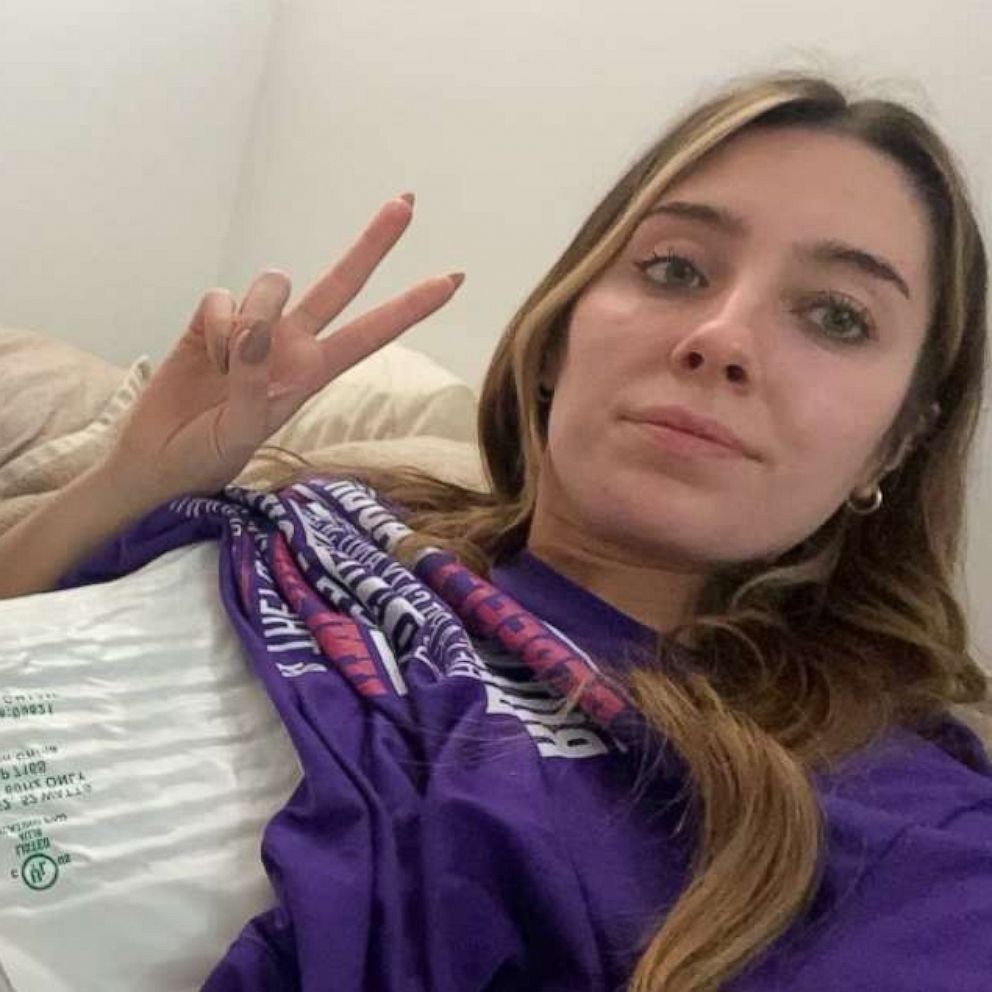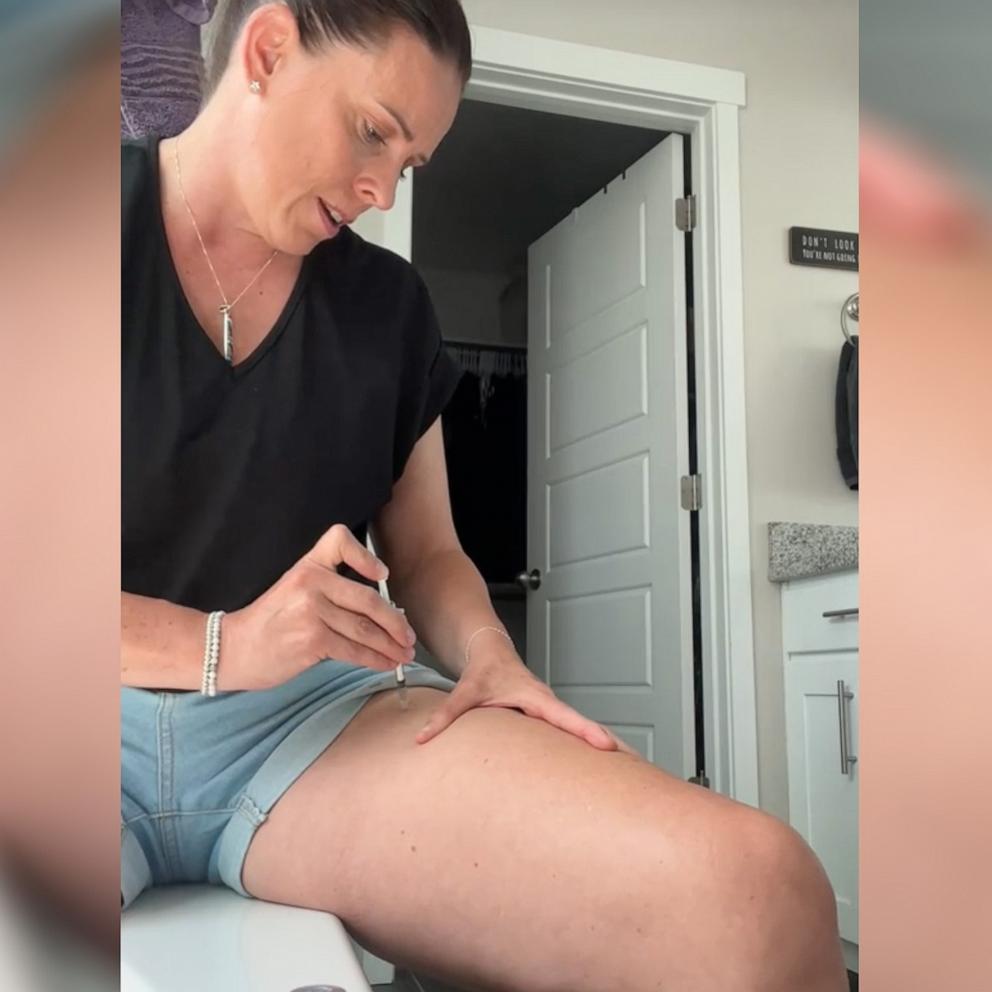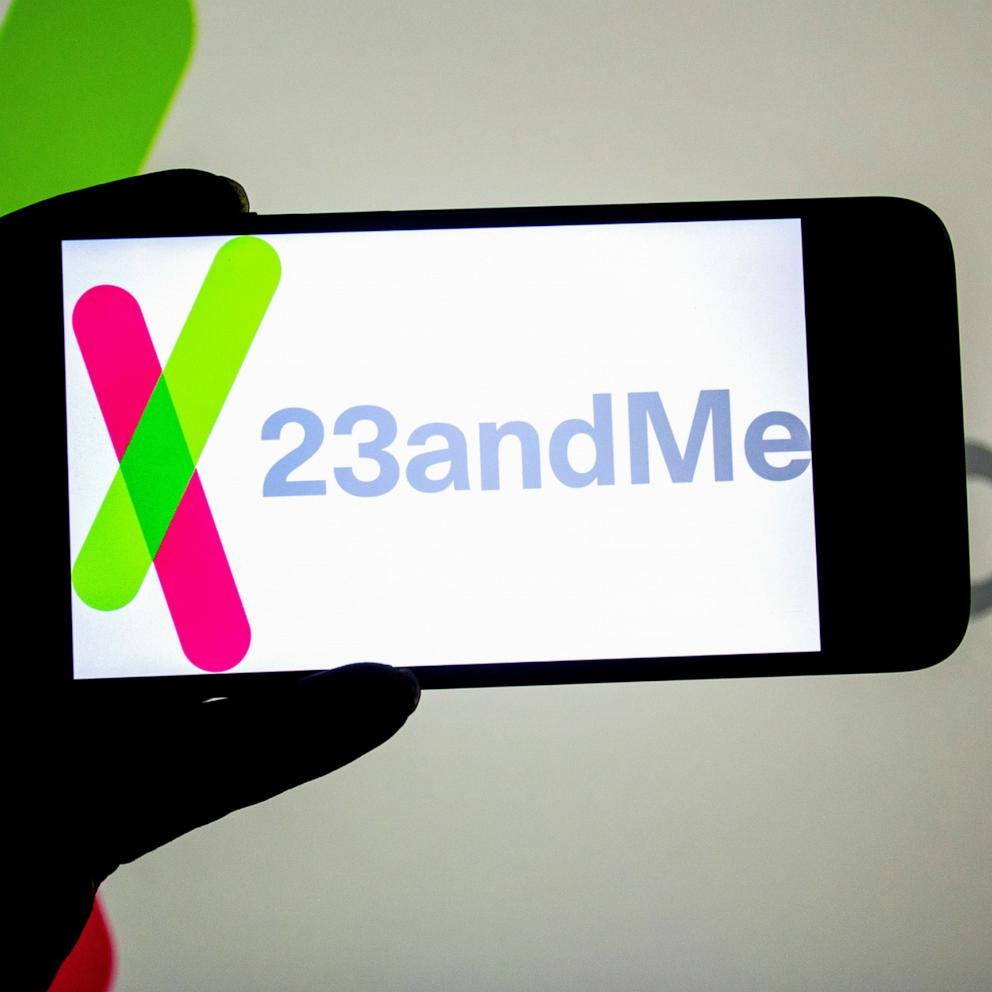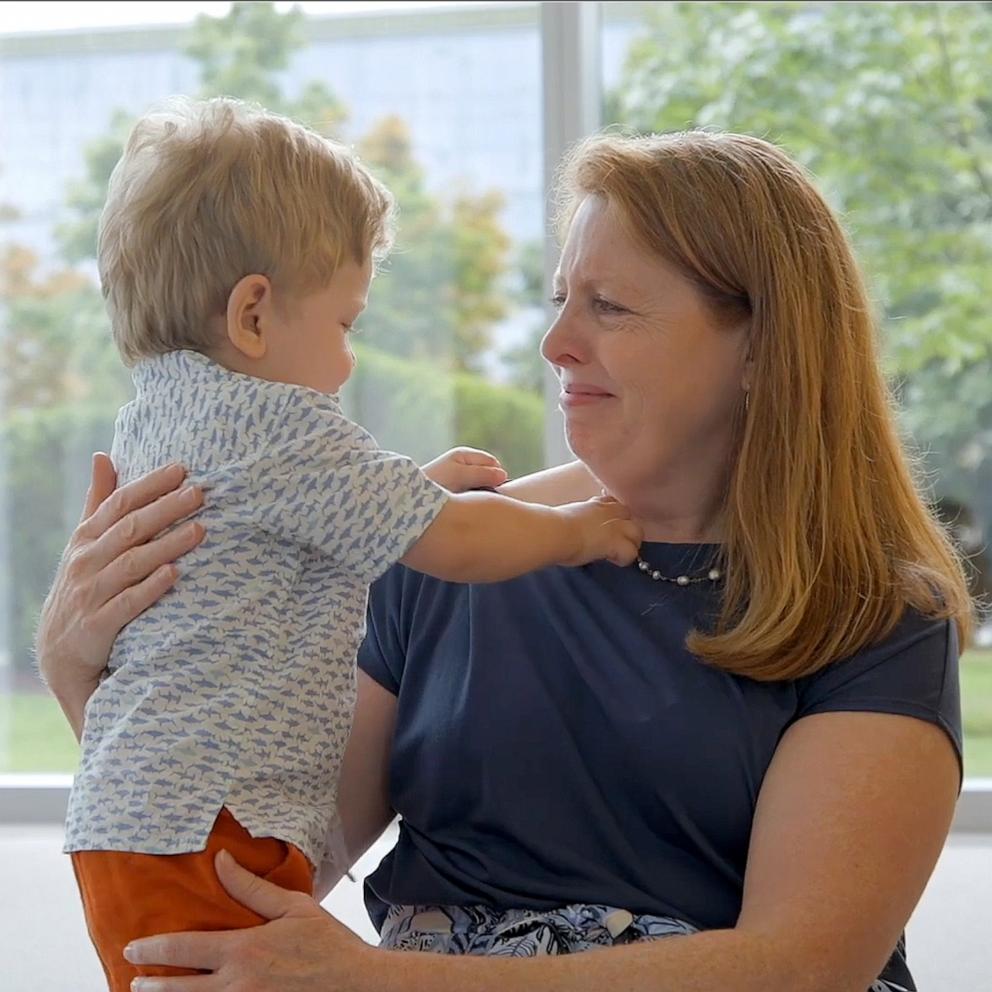Tennis pro Danielle Collins opens up about retiring amid battle with endometriosis, rheumatoid arthritis
At 30 years old, American tennis professional Danielle Collins is at the peak of her career, ranked 15th on the WTA Tour and winning two major tournaments, the Miami Open and the Credit One Charleston Open, this year.
Yet Collins, a Florida native, plans to retire at the end of the season amid two ongoing health battles, rheumatoid arthritis and endometriosis.
"Balancing two chronic inflammatory conditions when you're a professional athlete is not an easy thing," Collins told ABC News' Eva Pilgrim in an interview that aired Friday on "Good Morning America."
"I remember when I had my diagnosis with RA, at the time I thought, 'Oh my gosh, is this the end of my career,'" she said. "And I think for women specifically, when you have endometriosis, it can be a little bit more challenging."
Collins was diagnosed in 2019 with rheumatoid arthritis, an autoimmune disease that causes painful swelling in the joints and can affect other parts of the body as well, according to the U.S. Centers for Disease Control and Prevention, which notes that women are two to three times more likely than men to develop RA.

Two years later, in 2021, Collins revealed publicly that she had been diagnosed with a chronic inflammatory disease that impacts women, endometriosis, and underwent surgery to remove a tennis ball-sized cyst from her ovary.
"You have to become really creative in working around those hindrances, because a lot of times the physical ailments pop up at less than ideal times," Collins said of balancing two chronic medical conditions as a professional athlete. "I've had to become really creative and take different approaches at different times, and really look at everything holistically, everything from my diet to when I train, and how hard I train."
Endometriosis -- a disease where the tissue forming the inner lining of the uterus is found outside of the uterus such as within the fallopian tubes, ovaries, bladder, and intestines -- can result in debilitating pain and, occasionally, infertility for women, according to the National Institutes for Health.
Collins told Pilgrim that she has endured painful menstrual cycles due to endometriosis, something that can be a challenge for anyone, but especially when competing at the professional level.
"It has made my career more challenging in some ways," she said. "I finally have kind of figured out ways to get through those weeks and to live my life in a more pain-free way, but it doesn't take away the problem."
Collins said while she once worried that her conditions would end her career, she has found strength in figuring out how to compete amidst the pain and challenges.
"When you're younger, you think everything has to be perfect when you're playing professional tennis, but it doesn't," she said. "Some of my best days have been the days that I'm really sick and having really bad cramps and really bad joint pain and when my back's really locked up and I can barely serve and somehow figure out a way to win. It's really interesting how that happens."

Endometriosis affects 1 in 10 women of reproductive age in the United States, according to the American College of Obstetricians and Gynecologists. However, many women go undiagnosed for years due to the disease's broad range of symptoms.
An estimated 4 in 10 women with infertility have endometriosis, according to ACOG.
Inflammatory changes from endometriosis could block fallopian tubes or affect egg quality, causing infertility.
Collins said the possibility of facing infertility due to endometriosis helped speed up her decision to retire.
"Being a mom is one of my biggest dreams outside of the court," she said. "When people ask about retirement. I'm like, 'This is not something that I can really wait much longer ... I'm going to be 31 at the end of the year so I feel like it's time.'"
Since announcing her retirement, Collins said she has felt questioned about her decision to step aside at a young age.
She said while she believes the questions are coming from a "good place," she hopes people can support her decision to move on to what's next.
"People want to see me play more great tennis, and I have a lot of fans that would like to continue to see me doing well," she said. "I've been really open about my journey and my struggles ... Everyone's so supportive, but at the same time, I'd like to be able to have the support in my decision in this next chapter."







